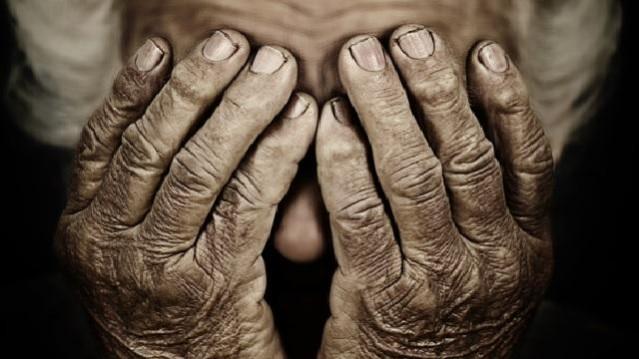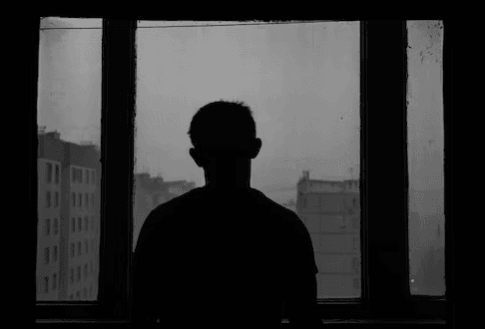
In a significant development in the field of mental health, a team of researchers led by Indian-American scientist Dr. Sameer Sheth has identified a unique neural activity pattern in patients suffering from obsessive-compulsive disorder (OCD) who have undergone deep brain stimulation (DBS) for treatment. This discovery could potentially revolutionize the way we understand and treat OCD, a debilitating mental health illness that affects approximately 2-3% of the global population.
The research team, based at Baylor College of Medicine and Texas Children's Hospital in the United States, set out with a specific goal. They aimed to understand how low-frequency brain oscillations in the theta (4-8 Hertz) to alpha (8-12 Hertz) range, which have been shown in a substantial body of scientific literature to play an important role in cognitive processes, were altered in people with severe, treatment-resistant OCD.
To achieve this, the team utilized a novel feature of contemporary DBS devices: the ability to record brain activity in addition to providing stimulation. This approach is a departure from traditional methods, which typically involve conducting studies in controlled lab conditions.

Instead, the team chose to conduct their study in real-life situations, providing a more accurate representation of the effects of DBS on patients' daily lives. The results of the study were illuminating. Before DBS, predictable and periodic neural activity was observed in patients. However, after the activation of DBS, symptomatic reactions were seen. This is because DBS aids patients in letting go of their phobias and embedded responses, enabling them to behave more normally.
These findings were noted in the study, which was published in the prestigious journal Nature Medicine. Dr. Sheth, speaking about the study, said, "This neuro-psychological biomarker can serve as a better litmus test to check on the improvements in the lives of people having OCD and could be used for other debilitating conditions as well for they stem from similar neural patterns."
OCD is a prevalent mental health illness that has a significant impact on the health and quality of life of patients and their caregivers. In severe cases, patients spend a considerable amount of time engaging in repetitive compulsions and dwelling on intrusive ideas.

Approximately 20-40% of people with severe OCD are resistant to traditional therapies, highlighting the need for innovative treatment approaches like DBS. DBS therapy has been utilized since the early 2000s to control neural activity in specific areas of the brain associated with OCD symptoms. The therapy involves the implantation of a device that sends electrical signals to brain areas responsible for body movement. It has been used to treat a variety of neurological conditions, including Parkinson's disease, essential tremor, dystonia, and OCD.
The discovery of this specific neural activity pattern by Dr. Sheth and his team is a significant step forward in the field of mental health research. It not only provides a better understanding of the neural mechanisms underlying OCD but also opens up new avenues for the development of more effective treatments for this and potentially other debilitating conditions.
This groundbreaking study led by Dr. Sameer Sheth has shed new light on the neural activity patterns in patients with severe, treatment-resistant OCD undergoing DBS. The discovery of this neuro-psychological biomarker could potentially revolutionize the way we understand and treat OCD, offering hope to millions of patients worldwide who are resistant to traditional therapies. As we continue to advance in our understanding of the human brain and its complexities, it is studies like these that pave the way for innovative and effective treatment approaches for debilitating mental health conditions.

















